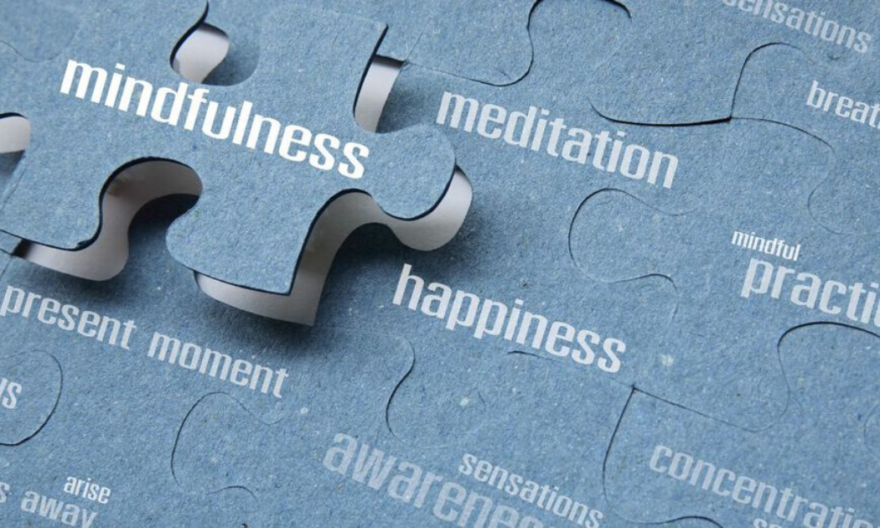
Mindfulness meditation has been shown to be an effective treatment for anxiety. It involves bringing attention to the present moment and accepting thoughts, emotions, and bodily sensations without judgment.
A recent study found that mindfulness-based stress reduction, which is a form of meditation developed by Jon Kabat-Zinn, was just as effective as the antidepressant escitalopram, or Lexapro, when treating people with anxiety disorders.
Mindfulness to treat anxiety
Mindfulness is a meditation practice that involves bringing awareness to your thoughts and feelings. This can help you manage your anxiety and stress.
It can also reduce the levels of hormones that create stress. Research has shown that mindfulness decreases the activity of the amygdala, a part of the brain responsible for feeling anxiety.
Meditation is often the first form of mindfulness that people try, but there are also other ways to bring awareness to your mind and body. Yoga, for example, is a gentle way to focus on your breath and other physical sensations.
Other mindfulness techniques can also be used to treat anxiety, including acceptance and commitment therapy (ACT). This approach teaches patients to adopt compassionate attitudes that encourage them to accept their emotions rather than struggle with them.
This can be very helpful for anxious feelings and thoughts, such as fears or worries about the future. It can also help you let go of guilt and regret from the past.
One study found that meditation was just as effective as antidepressant medication for reducing anxiety symptoms. This means that mindfulness may be a more accessible and affordable option for those who do not want to take an antidepressant.
Mindfulness practices for anxiety
Mindfulness is a meditation practice that can help ease feelings of anxiety. In mindfulness meditation, a person focuses attention on the present moment and notices their breathing, thoughts and physical sensations in the body.
The goal is to observe these emotions and sensations without judgment. The practice also involves a process of acceptance.
To start, a person focuses attention on their breath and the pattern of breathing and expands this awareness to include the entire body. They might then begin to notice and feel each feeling in their body, including the physical tension in their chest and their heartbeat.
When a person feels anxious, they often experience all of their emotions and physical symptoms in a way that is heightened. This can make it difficult to manage their feelings and return things to a more manageable level.
Practicing mindfulness can be challenging, but it is important to set aside time to do so. It can also be helpful to practice mindful techniques in a safe and comfortable environment.
A therapist can provide the guidance you need to practice mindfulness and work with you to lower your anxiety. You can find a therapist in your area on BetterHelp, an online therapy platform with over 20,000 licensed therapists offering affordable, convenient and effective mental health care.
Mindfulness therapy anxiety
Mindfulness-based stress reduction, also known as MBSR, has been shown to reduce anxiety symptoms in patients with a range of mental health conditions. It has also been linked to positive outcomes in physical health, including lower rates of heart disease and high blood pressure.
Meditation, yoga, and other mindfulness techniques can help people with anxiety regain control of their thoughts and emotions. These practices are helpful for everyone, even children and teens.
One way to practice mindfulness for anxiety is through deep breathing. This technique encourages the release of feel-good endorphins and can be done in any situation, from the grocery store to a stressful meeting at work (Cuddy, 2020).
Another mindfulness practice for anxiety is grounding. These exercises stimulate all five senses and help to remind you of where you are in the moment, allowing you to focus on the task at hand.
Mindfulness-based therapy is also effective in treating a variety of other conditions, including bipolar disorder, substance dependence, eating and food issues, depression, chronic pain, psychosis, and posttraumatic stress. This is because the practice of mindfulness helps to dial down the body’s response to stress, a common cause of most health problems.
Did you miss our previous article…
https://quietmeditations.com/mindful-parenting-and-quarantine/





